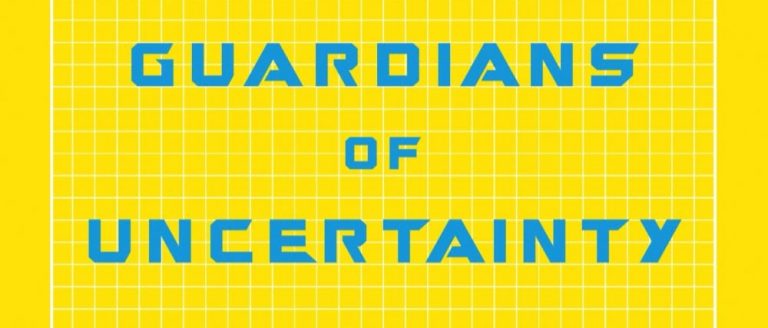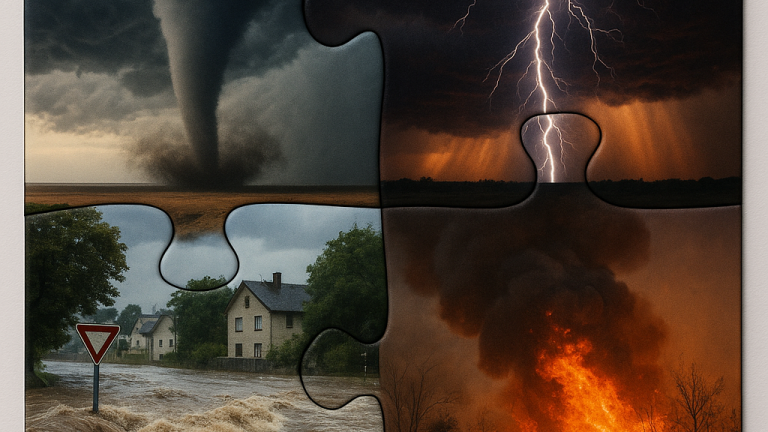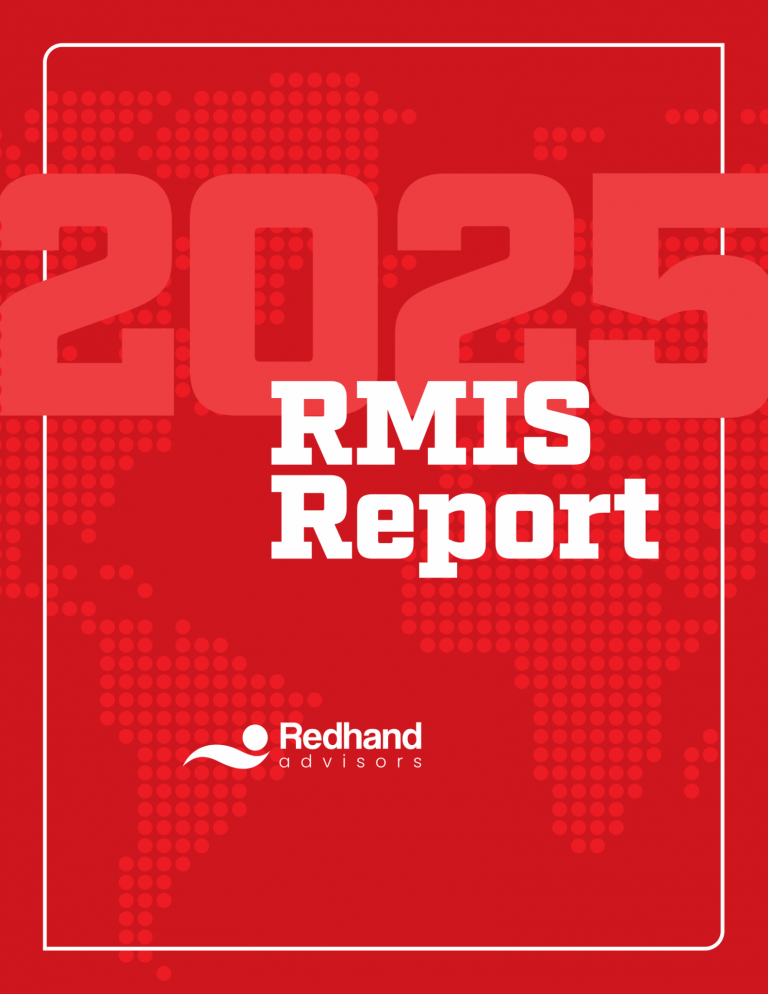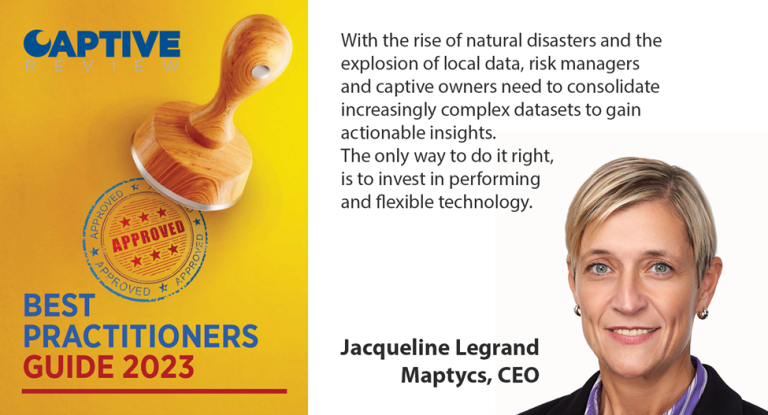The Covid-19 pandemic and subsequent global lockdown have dramatically impacted businesses throughout the world. Whether enormous disruptions in supply chains or company-wide work from home policies, businesses have had to completely change how they operate. As major restrictions begin to lift, it may lead business leaders to mistakenly believe we are returning to “business as usual” and apply the same risk management practices that they have relied on in the past to prepare and respond to climate risk threats.
There are several factors that may exacerbate property losses from natural catastrophes post-Covid-19. For one, many reports forecast an above-average hurricane season in 2020, which began June 1st. Cristobal is already the third named storm of this year and touched down in Louisiana on Sunday, June 7th, the earliest on record for a third storm to be named. More pressingly, the coronavirus pandemic and social distancing place constraints on emergency preparedness, rapid response, and low inventories of protection supplies.
Adding on to limited resources, COVID-19 may also lengthen business interruption periods in both preparing for and responding to serious weather events. Businesses can be caught in a Catch-22, stuck between placing workers at risk of the coronavirus or quickly implementing strategies to protect their properties.
Therefore, insurance professionals have to update their risk models to reflect the conjoined impact of each of these risks. Viewing the two situations as separate can very easily lead to missing how climate risks and the global pandemic pile on one another to present more dangerous, and more costly, damages.
Risk and insurance professionals must revamp and reframe their risk management practices in a short period of time in order to be adequately prepared for the second half of the year. Returning to “business as usual” is a short-sighted thought, and without large investments in time and money to update risk plans, insurance policies, and technologies, you may end up being caught in the rain without an umbrella.














